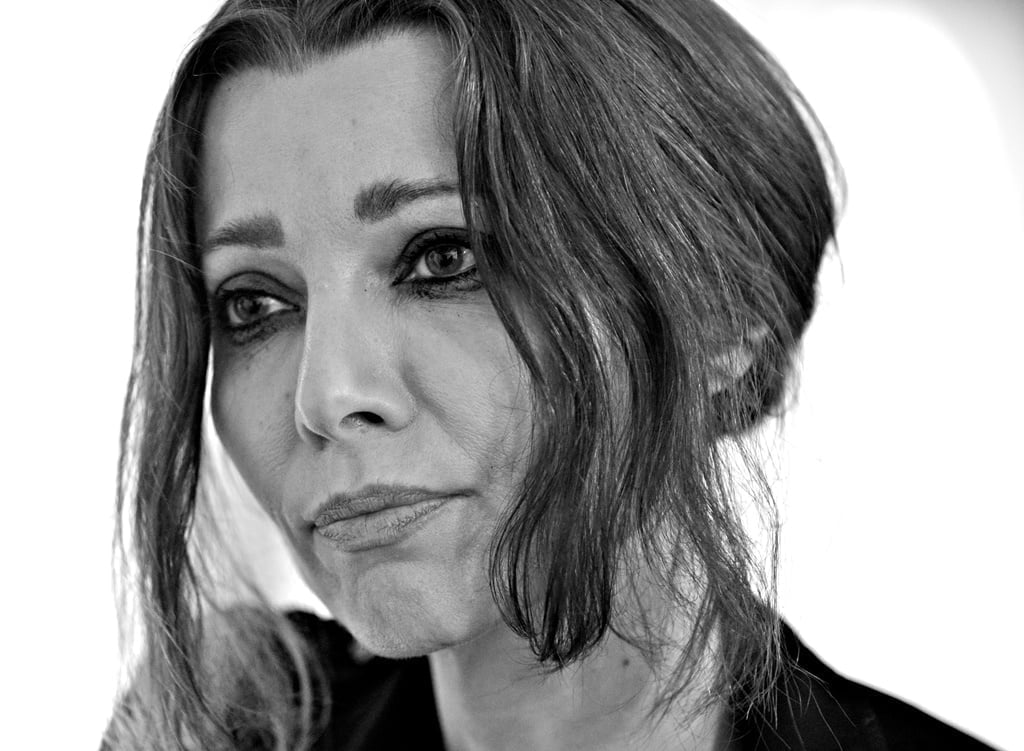
Elif Shafak
Elif Shafak was born in Strasbourg in 1971, the daughter of Turkish parents. After their divorce, she went to live with her mother in Turkey, who later served as a diplomat in Spain and Jordan, taking her young daughter with her. Shafak studied sociology and communications theory at the Middle East Technical University in Ankara, where she completed a master’s degree in women’s and gender studies and a doctorate at the Faculty of Political Sciences.
Her literary debut »Kem Gözlere Anadolu« (1994) was followed by »Pinhan« (1997; tr. The sufi), her first novel, which received the »Rumi Prize« in 1998, which is awarded to outstanding works of mystical literature. Her breakthrough came with »Şehrin Aynaları« (1999; tr. Mirrors of the city), a historical novel about a love story set during the Inquisition, which received a prize from the Turkish Writers’ Association. In her work she often uses Ottoman concepts, phrases and constructions that are considered outmoded and hidebound in progressive circles. Shafak, however, employs these devices in a decidedly lyrical way, desiring to reconcile the Ottoman legacy with the present-day republic. By also touching upon the sore points of Turkish society and choosing marginalized and stigmatized groups of people for her protagonists, she has been heavily attacked by ultranationalists in particular. Thus, the Armenian genocide, which she addresses in »The Bastard of Istanbul« (2006), was met with strong reactions in Turkey and resulted in Shafak being prosecuted by the Turkish government for »insulting Turkishness«. Even though she was acquitted, from that point on she was acutely aware of the dangers of self-criticism: »The biggest danger that awaits writers is self-censure. This is far worse than any legal restrictions that the state can impose.« Shafak tells the story of a young Turkish student in Oxford torn between her devout, conservative mother and more cosmopolitan, free-wheeling father in her most recent novel »Havva’nın Üç Kızı« (2016; Eng. »The Three Daughters of Eve«). The novel is set against the events surrounding 9/11 and examines the difficulty of separating the concept of God from the context of religious beliefs.
Elif Şhafak’s works, of which 10 are novels, have been translated into more than 40 languages. She is currently on the faculty of the Near Eastern Studies Department at the University of Arizona in Tucson, Arizona, USA, and Kingston University in London, GB. She is also one of the founding members of the pan-European Think Tank European Council on Foreign Relations. Sie lives in Istanbul and London.
Spiegel der Stadt
Literaturca
Frankfurt a. M., 2004
[Ü: Beatrix Caner]
Der Bastard von Istanbul
Kein & Aber
Zürich, 2007
[Ü: Juliane Gräbener-Müller]
Die vierzig Geheimnisse der Liebe
Kein & Aber
Zürich, 2013
[Ü: Michaela Grabinger]
Ehre
Kein & Aber
Zürich, 2014
[Ü.: Michaela Grabinger]
Der Geruch des Paradieses
Kein & Aber
Zürich, 2016
[Ü: Michaela Grabinger]
